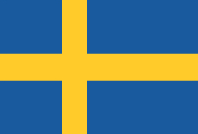The right of public access
Nature is open and accessible to all. This means that you are allowed to be in nature if you are considerate and do not disturb or destroy it.
Good to know!
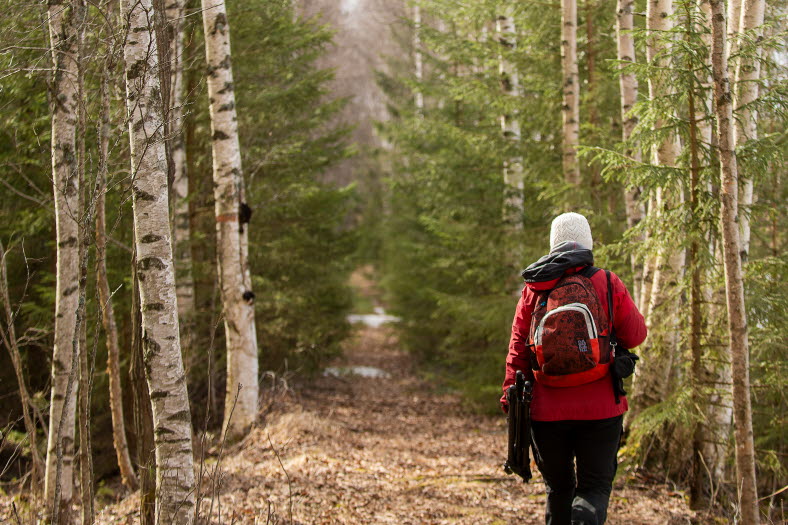
Hike, bike and skii
You are allowed to walk, run, cycle, ride, ski and otherwise spend time temporarily in the countryside as long as you do not damage crops, forests or other sensitive vegetation.
Respect privacy, do not stay on or pass over private land without asking for permission. If the view is unobstructed, you must keep a proper distance so as not to interfere. You must also not interfere with the landowner's activities. You may pass through pastures, at your own risk, if you close the gates and do not let the animals out.
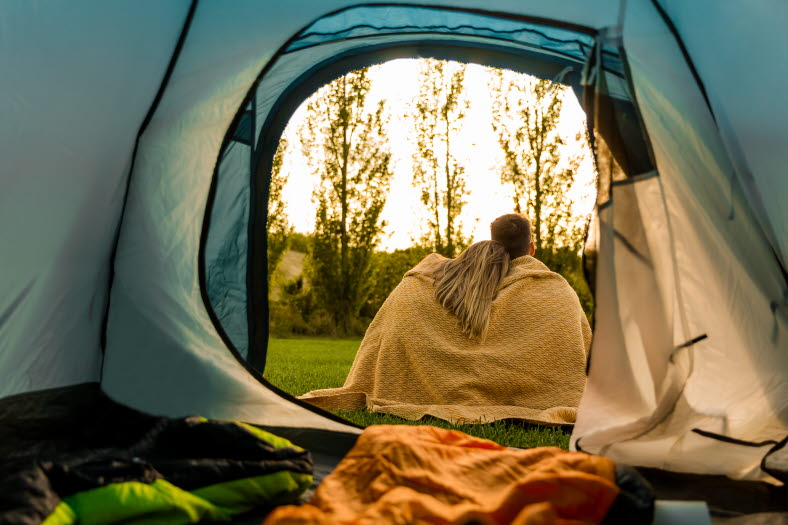
Camping
It is permitted to pitch a tent for one or a few days on land not used for agriculture and away from a dwelling. The closer you are to inhabited houses and the more likely you are to disturb someone, the more reason to ask the landowner for permission. Camping in large groups with several tents always requires the landowner's permission. The need for consideration is even greater in the case of free camping with a caravan or motorhome.
In nature reserves and national parks, special rules generally apply to camping.
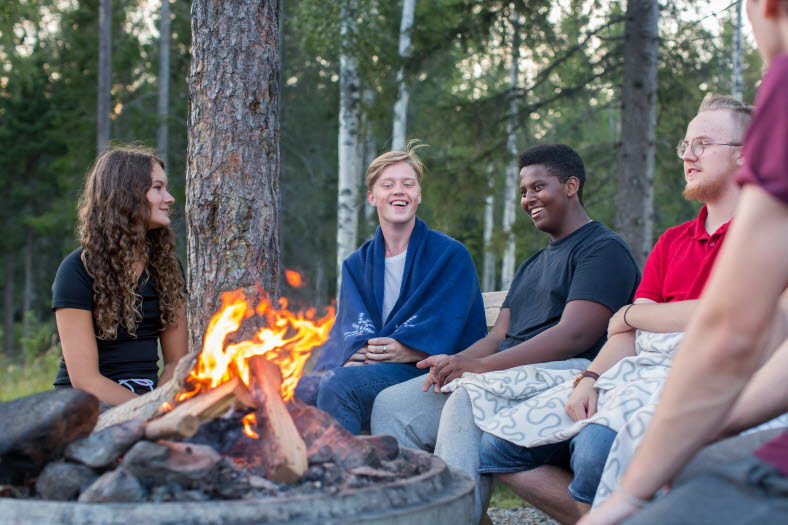
Campfires
Campfires are almost a must for outdoor activities and it is usually allowed to build a fire under safe conditions. But every year, large amounts of forest are burnt through carelessness with campfires. This includes choosing a suitable location for the campfire and putting the fire out properly before leaving the site. In dry weather, there is often a fire ban and all open fires are forbidden, even in prepared fireplaces.
Never light fires directly on rock piles, as they crack and leave unsightly wounds that never heal.
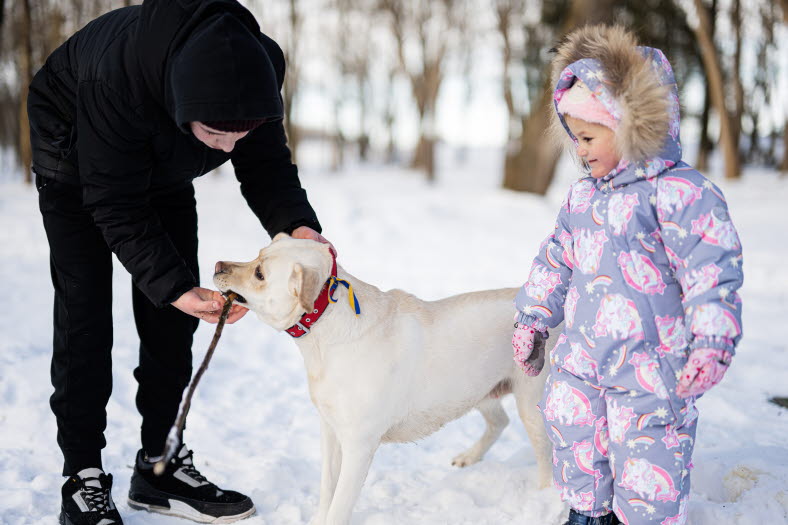
Dogs
From 1 March to 20 August, dogs are not allowed to run loose in forests and fields. This is when wildlife is at its most sensitive and even the most peaceful little pet dog can cause great harm by its mere presence. Even at other times of the year, you must keep your dog under such supervision that it cannot harm or disturb wildlife. Special rules on dog-keeping often apply to bathing areas and similar areas. Leashes are compulsory in almost all nature reserves and similar areas.
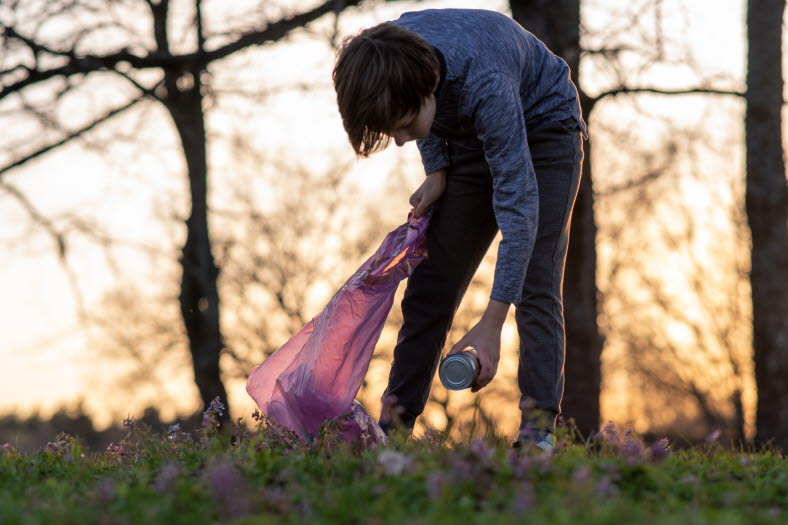
Bring your trash home
All outdoor littering is prohibited. Glass, cans and caps can harm both humans and animals, and plastic bags can cause great suffering if animals ingest them. Never place garbage bags next to a full bin, carry them home instead. If you have been camping or picnicking, you are obliged to clean up after yourself.
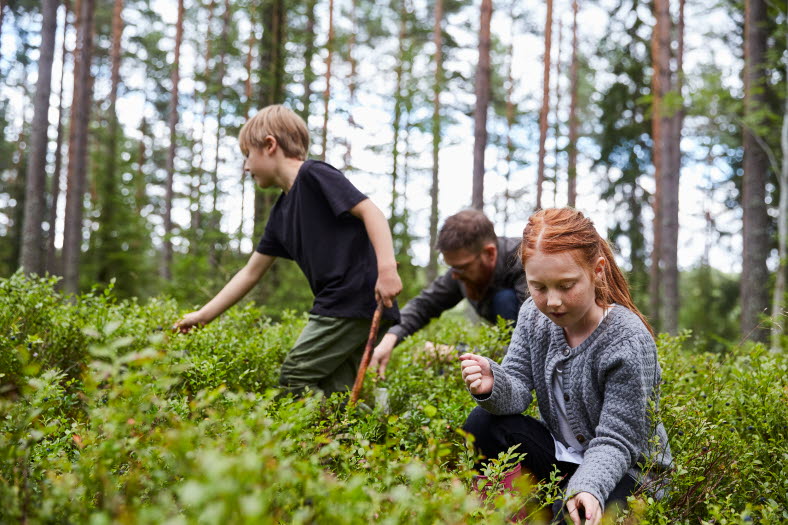
Flowers and berries
You cannot take twigs, branches, sap, bark, leaves, needles, pine needles, nuts or resin from growing trees without permission from the landowner. You are not allowed to pick moss or lichens and of course you are not allowed to take bushes or cut down trees. However, you can pick wild berries, flowers and mushrooms, fallen branches and dry brushwood on the ground. Some flowers and plants are rare and protected and therefore cannot be picked.
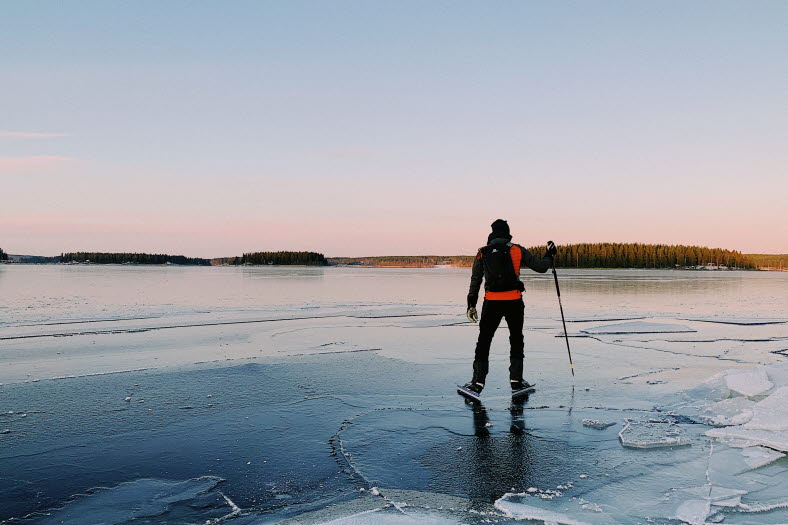
Beaches, boating or on ice
The right of public access also applies on the water. You can swim, moor your boat temporarily and go ashore almost everywhere, except on someone's property or where access is specifically prohibited, for example to protect seal or bird life. It is forbidden to go ashore or stay in the vicinity during certain times of the year.
The requirements for consideration of the environment are the same as on land. You must not be too close to houses and must not disturb residents along the beaches. There may also be rules on water skiing, speed limits and leashes for dogs on islands. The need for consideration is particularly high for those operating motorboats.
The same rules that apply on open water also apply on winter ice.
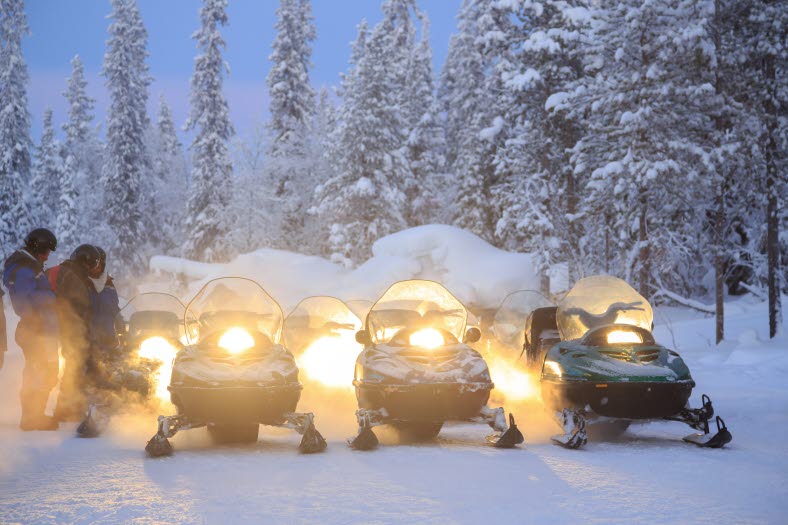
Motor vehicles
The right of public access does not apply to any motor vehicle. This includes cars, buses, motorcycles, mopeds, off-road vehicles such as "quad bikes", snowmobiles and jet skis, motorized equipment, caravans, mobile homes or other motor vehicles. This means that you cannot claim the right of public access when you stop and stay overnight with a motorhome or caravan. In winter, here in the north, the snowmobile is a common means of transportation. Usually, snowmobiles are restricted to snowmobile trails, but you may (with exceptions, see below) drive on all snow-covered land where the snow cover is so thick that you do not damage the surface or disturb it in any other way.
You are not allowed to drive: in national parks and nature reserves, in young forests (less than 2 meters on average), on forest plantations or on agricultural land, over someone else's property, on ski trails, too close to people or animals, certain forest roads (even unplowed) and private roads, and on public roads you may only drive short distances to pass.
When it comes to water scooters, you may only drive water scooters in existing fairways along the coast.
